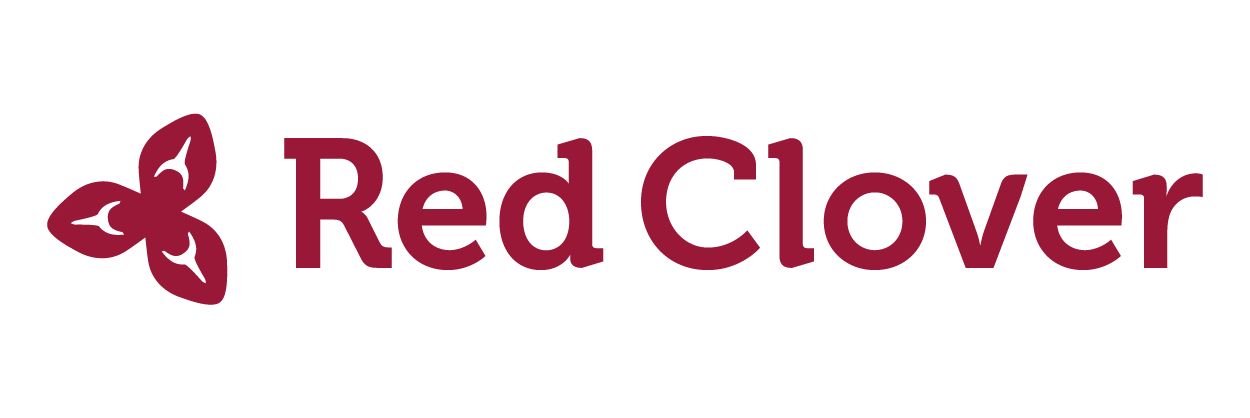What We’re Reading, April 2024: Indigenous-led films at DOXA
Each month we will be offering a list of recent news articles, posts on ongoing issues, or other pieces of media that we believe are worth noting in our ongoing journey of learning and moving toward healing and justice. Click on the provided links to access the full article.
Reclaiming Wet’suwet’en Storytelling in ‘Yintah’ (The Tyee)
Many have followed the story of the Unist’ot’en Camp. The documentary Yintah, showing at DOXA Documentary Film Festival (May 2-12), tells much of the backstory as well as the ongoing story. This article also recommends some great Indigenous-led story-telling in documentary form that will be showing at DOXA. Read the article for some descriptions and consider catching one of these documentaries if you are in or near Vancouver!
B.C. judge warns of 'tsunami' of Indigenous identity fraud cases (CBC)
(This article contains details of child sexual exploitation and pornography.) This is an unsettling story on many levels — a former Baptist pastor from Prince Rupert attempted to use recently discovered Indigenous ancestry to try to gain special consideration after being charged with the possession of child pornography. As followers of Jesus it is important that we join with those in the legal community who say that it is not okay to choose Indigenous identity only as a means to evade the full consequences for one’s actions.
The Supreme Court of Canada weighs in on UNDRIP (National Magazine)
This is an important step in the process of implementing the principles of the United Nations Declaration on the Rights of Indigenous Peoples (see our resource on UNDRIP here) into law in Canada, which is something we are still waiting to see if it will be given teeth. This ruling suggests movement in the right direction.
Collection of Mi'kmaw artifacts coming home after being kept at U.S. museum for decades (CBC)
This is an older article, but it speaks to a conversation that needs to be ongoing. The consideration of repatriating materials that have been taken from their places of origin and kept in museums and private collections is not just about ownership but also about fundamental differences in cultural concepts of past, present, and future and of how to honour the significance placed on material things. While many Western perspectives favour “preserving” items for posterity (sometimes with the introduction of toxic chemicals for “protection”), some Indigenous communities believe instead that returning items to the earth allows for natural processes of decay.
